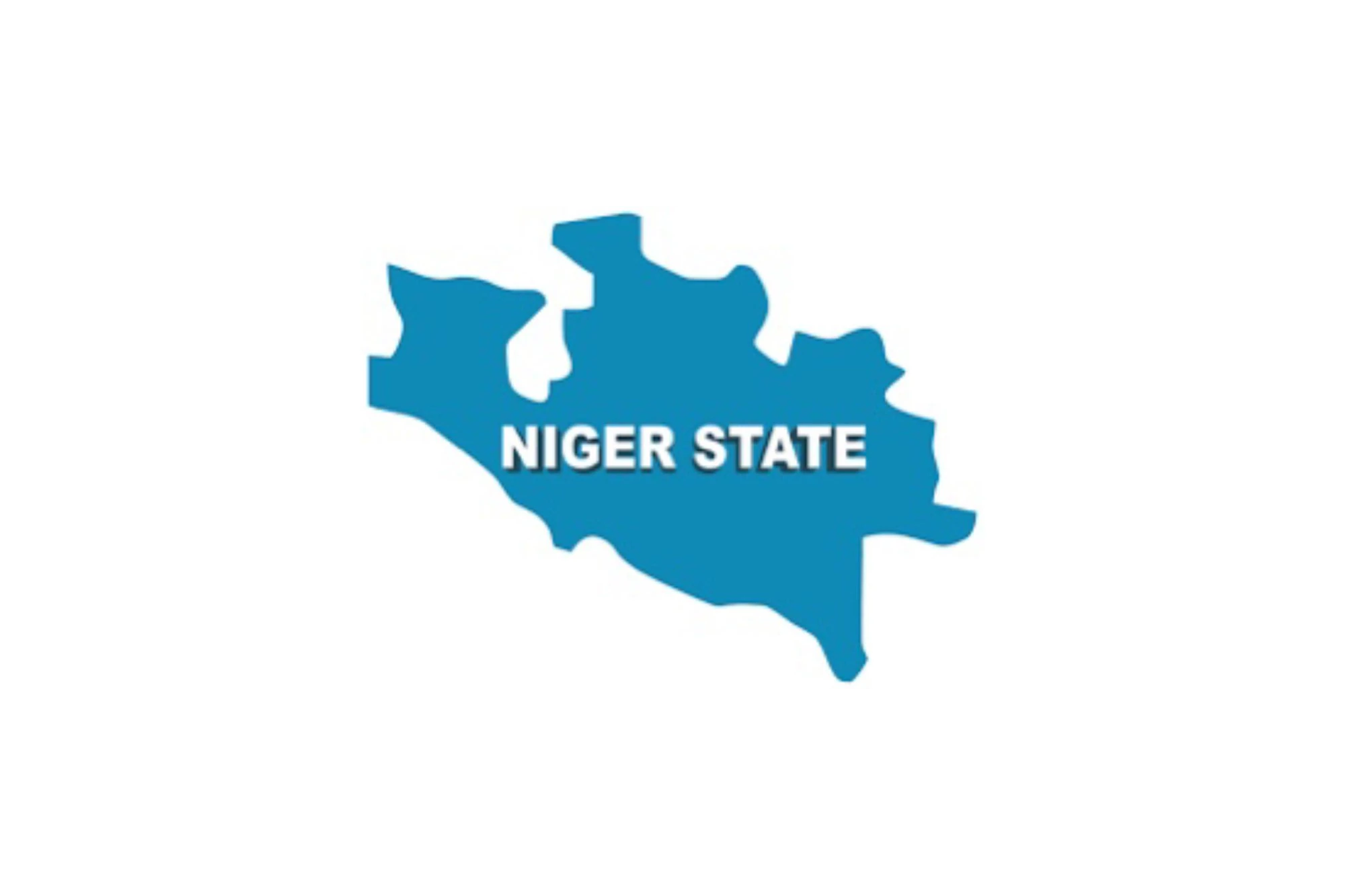About Niger-State
- Home
- About Niger-State

Niger State:
The Power State of Nigeria
Niger State, located in the north-central region of Nigeria, is the largest state in the country by landmass, covering an area of approximately 76,363 square kilometers. Known as the "Power State," it is home to several hydroelectric power stations, including the iconic Kainji, Jebba, and Shiroro dams, which supply a significant portion of Nigeria's electricity.
Geography and Location:
Niger State is strategically positioned, bordered by:
1. North: Kebbi and Zamfara States
2. East: Kaduna State
3. South: Kogi and Kwara States
4. West: Benin Republic and the Federal Capital Territory (FCT), Abuja.
History and Culture
Niger State was created on February 3, 1976, during the military regime of General Murtala Mohammed. Its rich cultural heritage is shaped by various ethnic groups, including the Nupe, Gwari (Gbagyi), Hausa, Fulani, and Kamuku peoples, who coexist peacefully. Each group contributes to the state's vibrant festivals, traditional attire, music, and cuisines.
Administrative Divisions
The state comprises 25 Local Government Areas (LGAs), with Minna serving as its capital. Other major towns include Bida, Kontagora, Suleja, and Mokwa.
Tourist Attractions
Niger State boasts numerous natural and historical landmarks, making it a prime destination for tourism:
1. Gurara Waterfalls: A breathtaking natural wonder, perfect for picnics and photography.
2. Zuma Rock: Known as the "Gateway to Abuja," this towering monolith is steeped in legend and awe.
3. Kainji National Park: Home to diverse wildlife, including elephants, hippos, and antelope.
4. Baro Empire Hill: A historic colonial site offering panoramic views of the surrounding areas.
5. Shiroro Dam: A key site for hydroelectric power generation and a scenic spot for eco-tourism.
Economy
Niger State's economy is predominantly agrarian, with a focus on the production of crops such as rice, maize, millet, yams, and cassava. The state is also known for its livestock farming, fishing, and growing industries in hydroelectric power generation. The presence of mineral resources like gold, tin, and marble offers potential for mining and industrial growth.
Hydroelectric Power and Infrastructure
The state’s nickname, "The Power State," stems from its contribution to Nigeria's electricity supply through the Kainji, Jebba, and Shiroro dams. These infrastructures not only power the nation but also enhance the state's reputation as an energy hub.
Transportation
The state’s nickname, "The Power State," stems from its contribution to Nigeria's electricity supply through the Kainji, Jebba, and Shiroro dams. These infrastructures not only power the nation but also enhance the state's reputation as an energy hub.The state is well-connected by road, with a network of highways linking major towns and cities. The Minna Airport serves as an entry point for domestic travelers, while the proximity to Abuja ensures easy access for international visitors.
Population
With an estimated population of over 6.64 million people, Niger State is a melting pot of ethnic diversity and a symbol of Nigeria's unity in diversity.
Why Visit Niger State?
Niger State offers a unique blend of natural beauty, rich cultural heritage, and economic opportunities. Whether you're a tourist, investor, or resident, the Power State provides a welcoming environment and a gateway to experiencing the heart of Nigeria.
Muazu Muhammad road Minna, Niger State.
[email protected]
